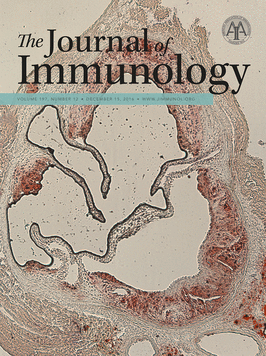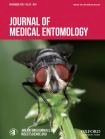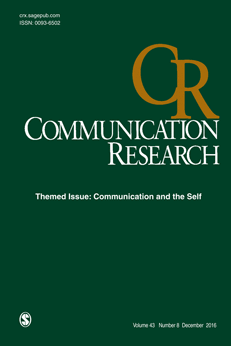 A lab at the University of California, Los Angeles has retracted two papers for duplicated images.
A lab at the University of California, Los Angeles has retracted two papers for duplicated images.
These retractions — in the Journal of Immunology — represent the second and third retractions for the lab head; he lost another paper after one of his former students confessed to manipulating images.
Although Eriko Suzuki admitted to her actions on PubPeer in 2014, the 2007 Oncogene paper wasn’t retracted until June, 2016, when the journal issued a notice citing “data irregularities.”
Unfortunately, Suzuki’s admission in 2014 wasn’t the end of the troubles for lab head Benjamin Bonavida, who recently issued two additional retractions in the Journal of Immunology, only one of which includes Suzuki as a co-author.
Bonavida told us the university received allegations (he’s not sure from who) that some of the control gels were duplicated; he didn’t agree, but couldn’t produce the original gels to disprove it. We asked if any more retractions were coming from Bonavida, who has since retired from running a lab:
Continue reading UCLA lab pulls two papers — one by author who admitted to misconduct



 Can playing first-person shooter video games train players to become better marksmen?
Can playing first-person shooter video games train players to become better marksmen? 

